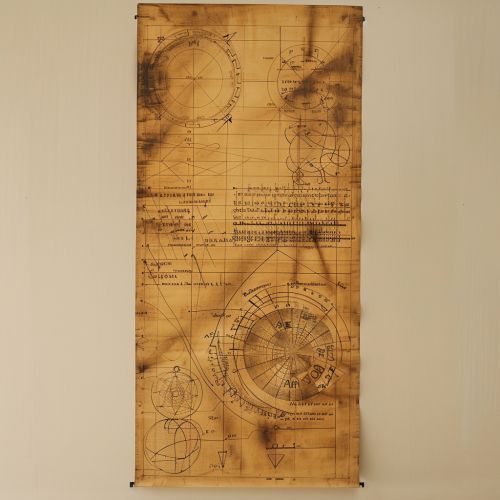History of Mathematics
Ancient Mathematics
The history of mathematics can be traced back to the ancient world, where the first written records of mathematical concepts and methods were found. The Sumerian civilization in Mesopotamia (modern-day Iraq) is often credited with the invention of the earliest form of arithmetic around 4000 to 3000 BC. This early form of arithmetic was based on a sexagesimal number system, which is a base-60 system.


The ancient Egyptians also made significant contributions to mathematics. They developed a decimal system and used hieroglyphs for numbers. They also had a basic understanding of geometry, as evidenced by the construction of the Pyramids.
In the East, the ancient Chinese were also developing mathematical concepts. They invented the abacus, a counting device that is still used today, and made advancements in algebra and geometry.
Greek Mathematics
The ancient Greeks made significant contributions to mathematics, many of which are still relevant today. The mathematician Pythagoras of Samos is often credited with the discovery of the Pythagorean Theorem, a fundamental principle in geometry.


Another significant Greek mathematician was Euclid of Alexandria, often referred to as the "father of geometry". His work, Elements, is one of the most influential works in the history of mathematics, establishing the foundations of geometry and number theory.
Mathematics in the Middle Ages
During the Middle Ages, the center of mathematical development moved to the Islamic world. Arabic mathematicians made significant contributions to algebra, geometry, and trigonometry. The Persian mathematician Muhammad ibn Musa al-Khwarizmi is often credited with the development of algebra.
In Europe, mathematics was largely applied to the calculation of dates and times for religious purposes. The development of the Hindu-Arabic numeral system and the concept of zero were significant advancements during this period.
Modern Mathematics
The 17th century marked the beginning of modern mathematics. During this period, significant advancements were made in calculus, with the work of mathematicians such as Sir Isaac Newton and Gottfried Leibniz.


The 19th and 20th centuries saw the development of more abstract areas of mathematics, such as set theory, algebraic topology, and functional analysis. The development of computers in the 20th century also led to the creation of new fields of mathematics, such as computer science and computational mathematics.
